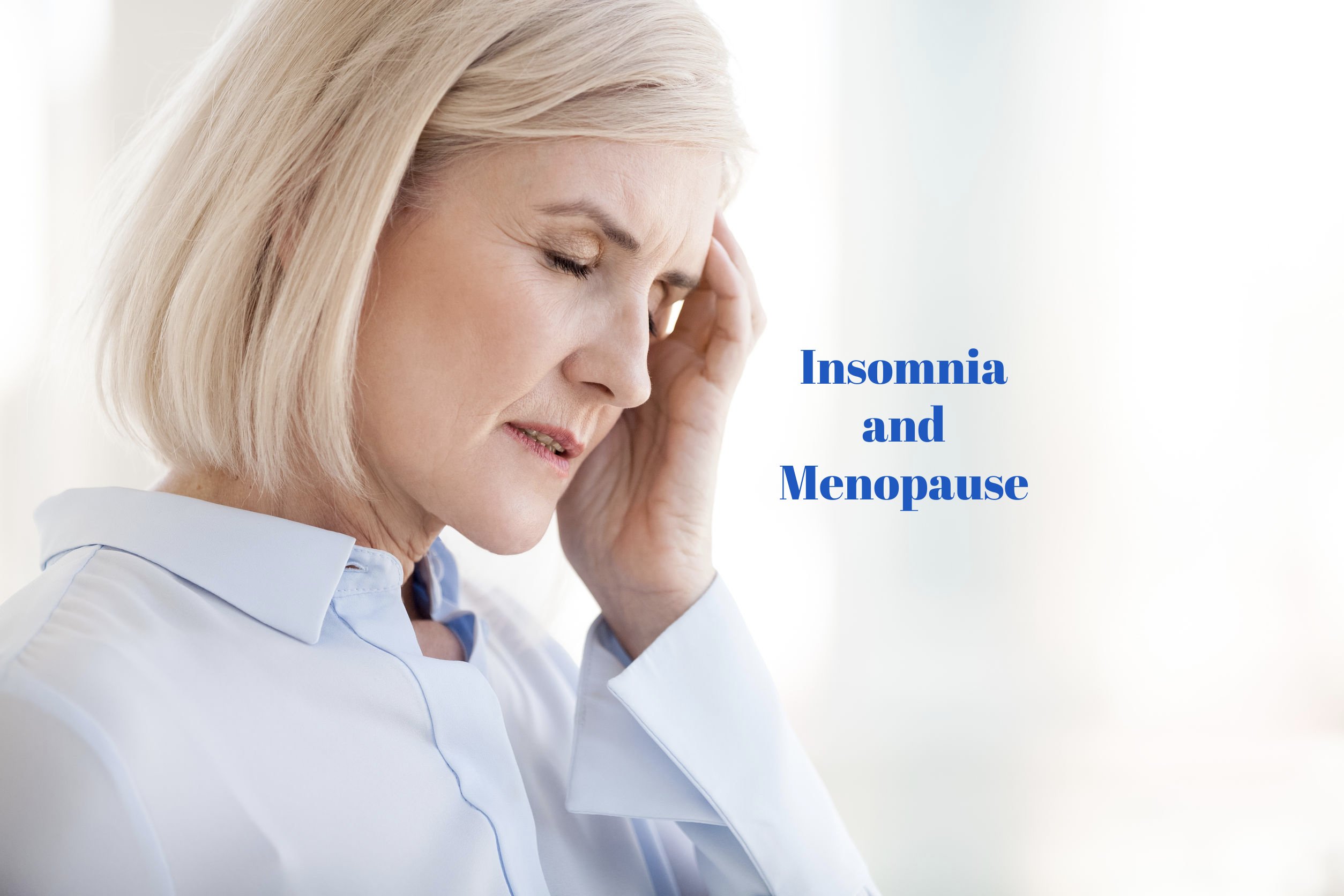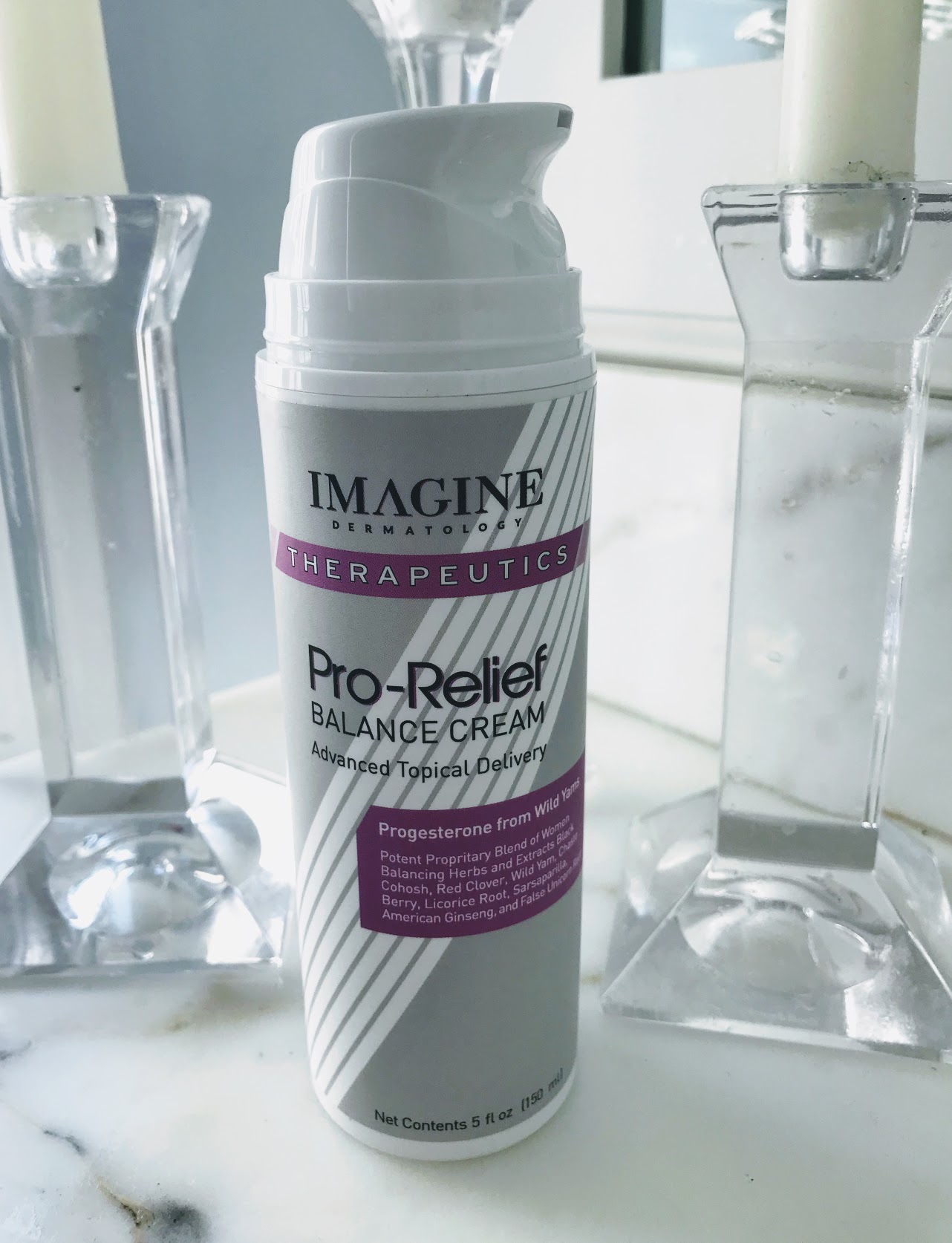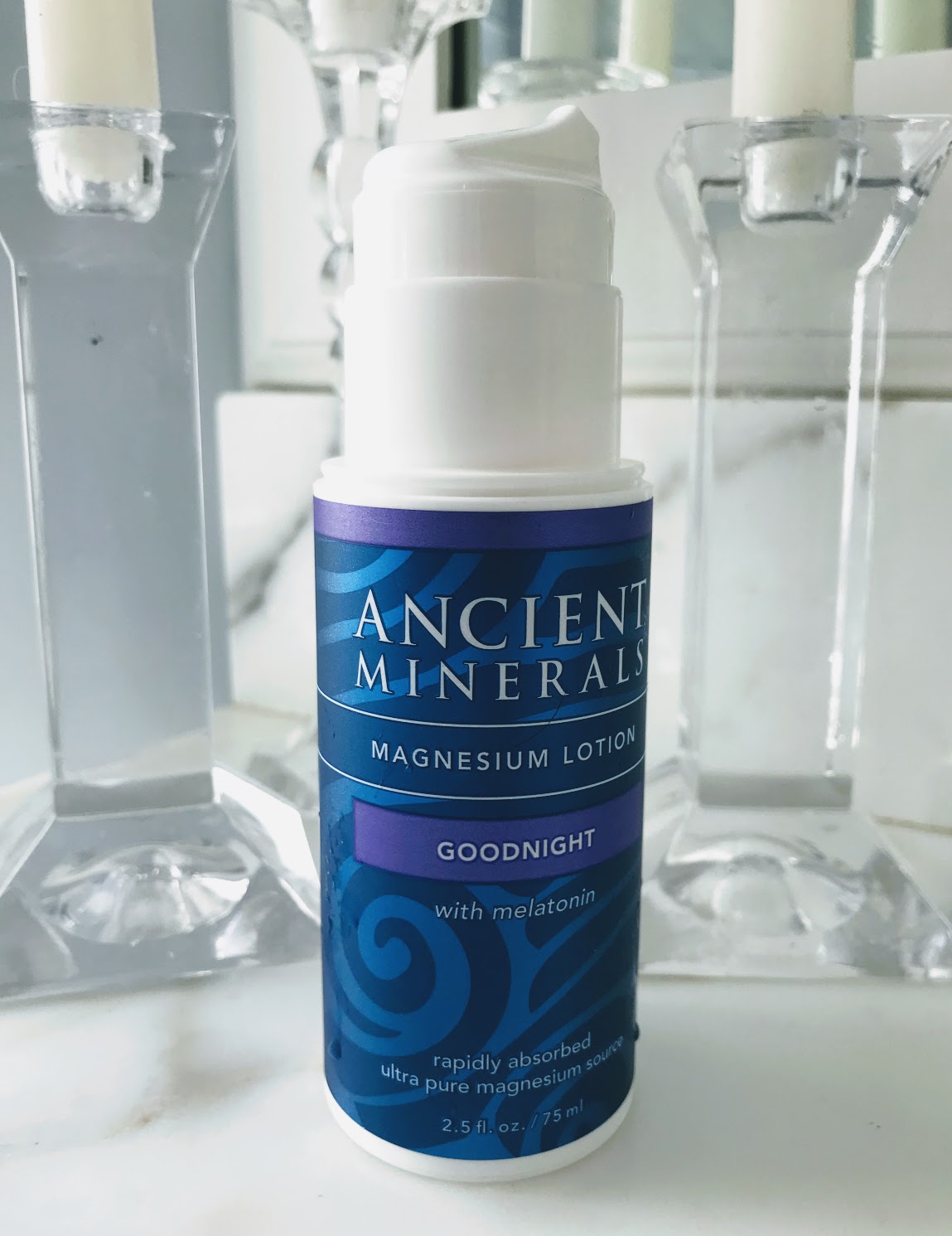Insomnia and Menopause
I wish I didn't know so much from personal experience about insomnia and menopause. I was the type of person who could sleep anywhere - on the plane, in the car, at home, or at any hotel while traveling. Even during difficult and stressful times, I could fall asleep right away and stay asleep. That is until I hit my late 40's.
Hormones and Sleep
Hormones can contribute to the cause of insomnia during premenopause, perimenopause, and menopause.

Levels of estrogen and progesterone drop or get out of balance which interferes with one's ability to fall asleep and stay asleep. In the United States, the average age for menopause is 51 and for most women this transition takes place between the ages of 45 and 55. It isn't until you have not had a period for at least a year before you are considered menopausal.
Progesterone is a hormone that helps us to feel sleepy and helps to induce sleep. According to Harvard trained OB-GYN, Dr. Sara Gottfried, the author of The Hormone Cure: Reclaim Balance, Sleep and Sex Drive; Lose Weight; Feel Focused, Vital, and Energized Naturally with the Gottfried ProtocolMy insomnia developed when I started menopause. But hormones also affect sleep in women for those who are pregnant or premenstrual. Many health experts talk about excess estrogen or estrogen dominance. Estrogen dominance is not due to taking the hormone estrogen. It is due to over-exposure of this hormone in food we eat and in environmental toxins. Estrogen "excites" while progesterone "calms."
Your body's hormones may be out of balance and it may be contributing to your insomnia.
Ask your doctor for a saliva test to determine your hormone levels. If he/she finds that you are estrogen dominant and low in progesterone most doctors will prescribe a progesterone cream.
According to Susan Lark, M.D., the author Dr. Susan's Solutions: Progesterone - The Superstar of Hormone Balance: "Women deficient in progesterone often have trouble falling or staying asleep. Fortunately, increasing your levels of this hormone can help to restore normal sleep patterns." This helpful book for women who want to know more about this important hormone can find it at Amazon here: Dr. Susan's Solutions: Progesterone - The Superstar of Hormone Balance
Estrogen Dominant & Progesterone
Are you aware that as we enter menopause it is not uncommon for women to experience estrogen dominance?
There are many reasons for this. Even though estrogen production is greatly diminished, progesterone production has virtually stopped.Of course there is nothing we can do about aging, but there are other lifestyle factors that can influence our progesterone levels.
Many women with PMS experience insomnia. Hormones may be to blame. Progesterone is made by the corpus luteum of the ovary at ovulation and to a lesser extent by the adrenal glands. Estrogen is the dominant hormone during days 1-14 of your menstrual cycle. From the day of ovulation until the beginning of your next cycle, estrogen levels decline and progesterone should increase. If your body is unable to produce enough progesterone during the second half of your cycle, women will suffer the symptoms of PMS.
Progesterone is actually a precursor for other important hormones like cortisol, androstenedione, estrogen and testosterone. It also is an important contributor to thyroid health and functioning. Known for its calming affect, healthy levels of this steroid hormone contributes to restful sleep. Ask your doctor to perform a saliva test to determine your progesterone levels.
Insomnia and Perimenopause
For many women the change in one's ability to fall or stay asleep may be their first symptom or indication that they are beginning menopause. This transition period is called perimenopause. This was true for me, even though my periods were regular and unchanged.
Dr. Gottfried discusses the hormonal changes and symptoms that occur with perimenopause which roughly begins around age thirty-five. One of those disturbing symptoms is poor sleep.
Hormones and Sleep
The ovaries produce the most progesterone, but the adrenal glands also produce a small amount. Our hormones and hormone balance are all inter-related. If one hormone is low, another hormone becomes dominant. Dr. Gottfried explains, "When you have a lifestyle that keeps you in high demand for cortisol, your body will steal from your supply of progesterone ..."
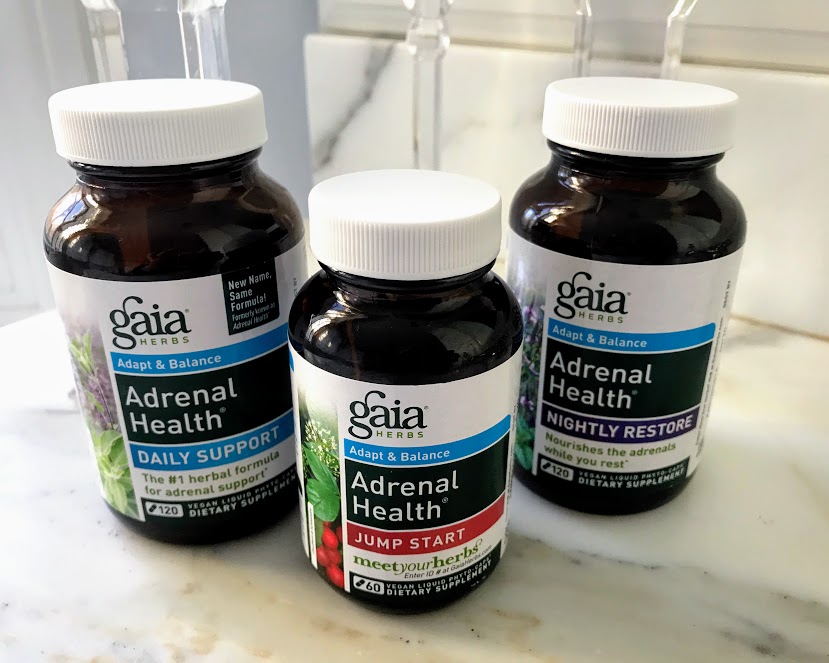
Another hormone that goes awry during menopause is cortisol. One way to describe how some women feel is "wired and tired." I've experienced this "wired" feeling that persists into the evening and bedtime, making it hard to wind down and relax. This is why, " Women in menopause have low cortisol during the day (which make them feel tired) and high cortisol at night, which makes them worry about everything from the stock market to ... finding their dream job. "
You can get your book at Amazon, apply what you learn and find that your insomnia and menopause is a thing of the past:
Post Menopausal Insomnia
Valerian: A Solution for Post-Menopausal Insomnia? by the Sleep Doctor, Michael Breus, PhD writes, "A recent study indicates that the herbal supplement valerian is an effective treatment for women with post-menopausal insomnia."
"Valerian may be a promising option for post-menopausal women experiencing insomnia, but I do encourage my patients to try making adjustments to their regular habits and choices as a first step before pursuing any sleep aid – and make no mistake, even herbal remedies are chemicals in the body."
To read the full article visit Valerian: A Solution for Post Menopausal Women
Gaia Herbs Valerian Root Vegan Liquid Capsules, 60 Count - Relaxing Natural Sleep Aid Supplement to Calm the Mind and Promote Deep Restful Sleep, No Melatonin, Non-Habit Forming Organic FormulaMagnesium Health Benefits
I have an "arsenal" of magnesium supplements - from liquid magnesium to magnesium lotions. "I think magnesium is the underrated all-star in terms of menopausal women," says Ann Louise Gittleman, PhD.
A magnesium lotion or spray allows a person to get adequate amounts of this important mineral without the side effects of loose stools or diarrhea.
Apply it on your skin before bedtime to help relax and unwind.
Ancient Minerals Goodnight Magnesium Lotion with Melatonin - Pure Genuine Zechstein Magnesium Chloride - Apply Before Bed for AbsorptionHot Flashes, Night Sweats and Sleep- How to Sleep Cool
Insomnia and menopause can result from hot flashes. Hot flashes or hot flushes are sleep disrupters for approximately 75% of menopausal women according to Dr. Michael Breus, the author of Good Night: The Sleep Doctor's 4-Week Program to Better Sleep and Better HealthSome women wake up with just a feeling of warmth and being hot, while other women wake up only to find their nightgowns and sheets damp or wet from sweat. For those who need to get up out of bed and change their nightgown or sheets, falling back to sleep becomes more difficult.
Hot flashes are the result of a surge of adrenaline making it even more challenging to feel sleepy and ready to go back to sleep. Here are some tips that have worked for me:
1. Adjust the temperature of the room so that is is cooler.
2. Use a ceiling fan, bed fan or portable fan near your bed to keep the air circulating
3. Sleep on 100% cotton sheets that breathe. Polyester blends trap heat.
I have found a combination of cooling sheets, mattress pad and mattress topper - OK along with a bed fan and a cooling gel mat have decreased the number of times I wake up at night too hot.
It's also important to wear only 100% breathable cotton nightwear - no polyester.
Find out about:
Cooling sheets, mattress toppers and bed fans
Insomnia and Yoga
"Yoga can be a tremendous ally in battling insomnia," says Roger Cole, an Yoga teacher and sleep research scientist. Relaxing poses like Legs Up On the Wall Pose and the Easy Pose can be held for 5 to 15 minutes before hopping into bed.
The sleep aid information presented here is for educational purposes only and does not provide specific medical advice. The statements on this site have not been evaluated by the Food and Drug Administration and are not intended to diagnose, treat, cure, mitigate or prevent any disease.
Always consult your doctor with sleep or insomnia questions regarding before starting any diet, exercise, or supplement program.
Consider getting your hormones tested to see if they are contributing to your insomnia during menopause.
Go from Insomnia and Menopause to What Causes Insomnia
Go from Insomnia and Menopause to Sleep Aid Resource Home

Do you want to sleep well so that you can live well during the day? Would you like to learn natural ways to:
1. Fall Asleep Quicker
2. Stay Asleep Through the Night
3. Wake Up Refreshed and Rested
Sign up for our free Sleep Well, Live Well Ezine. Learn practical tips that will help you, your family or friend once again find that you can Sleep Well to Live well.

Get practical advice on how to fall asleep, stay asleep and to get deep sleep. It's free so sign up here:

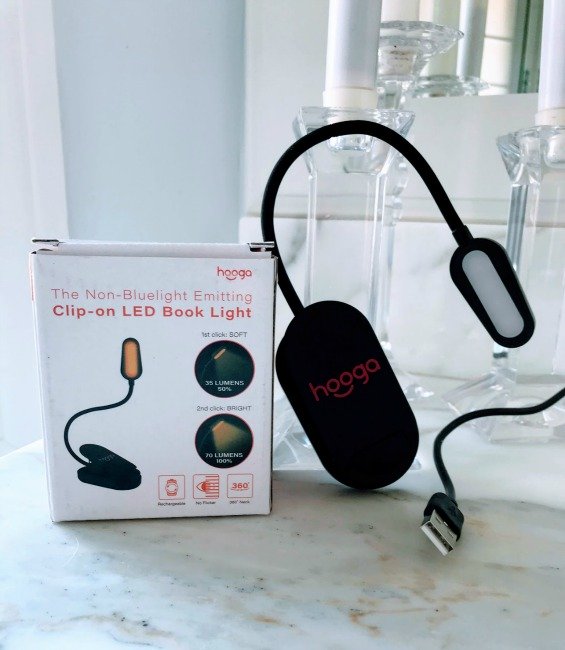


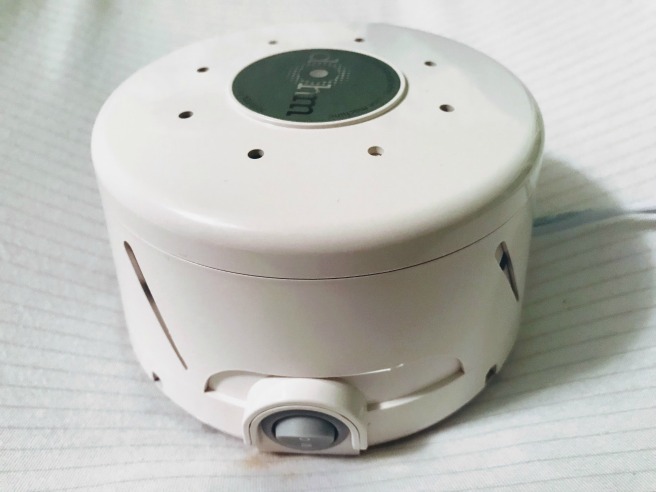

Ancient Minerals Goodnight Magnesium Lotion
Please note that while I do receive commissions from some of the things promoted on this site, I recommend them because I feel they would be of benefit to you.
Advertisers/Affiliates have been hand-picked so that only quality products are recommended. I have used them in my own life and share them with you because that's what friends do.
